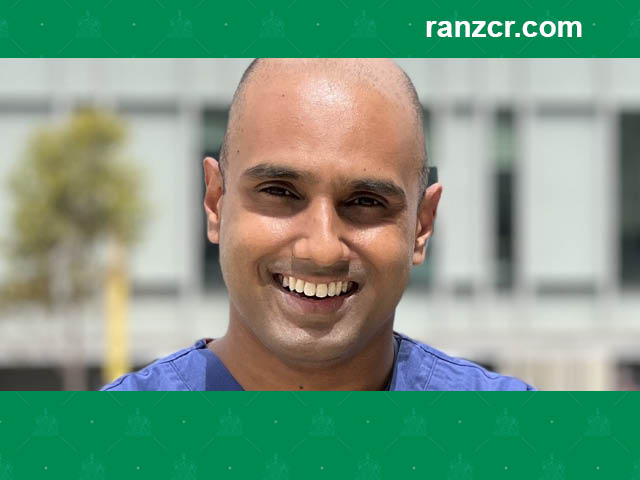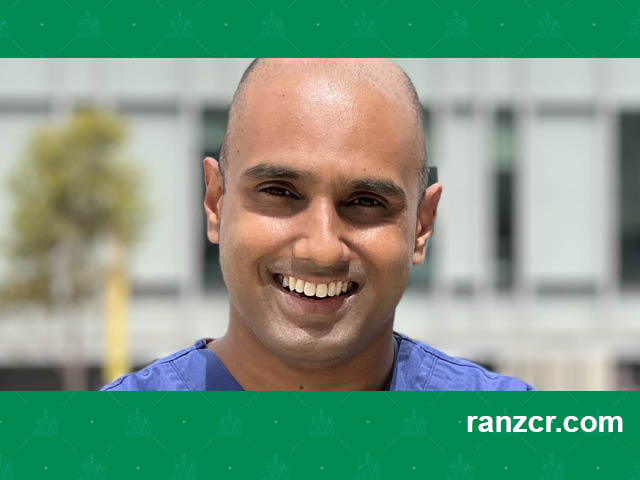
4 minute read
Radiation Oncology Trainee Committee (ROTC)
from Inside News September 2022
by RANZCR
Unlearning Helplessness
After renewing my AHPRA registration, I completed this year’s medical training survey. I was interested to know what the results from last year’s survey were—so I looked it up (www.medicaltrainingsurvey.gov. au). In particular, I looked up the section from last year’s report on Workplace Environment and Culture— the information was shocking. The worst statistic was that of the 21,000 trainees surveyed in 2021: 35 per cent of them reported that they had either personally experienced or witnessed bullying, harassment or discrimination in the workplace over the last 12 months! Most of them had experienced it themselves (22 per cent). Even more concerning was that 51 per cent of those who personally experienced bullying reported that the person responsible was a senior doctor. In a large proportion of cases this person was their direct supervisor. The report did also highlight that another 30 per cent of cases of bullying were reportedly instigated by a fellow doctor-in-training. Arguably, we are modelling our behaviour at least in part on the behaviours of the senior colleagues we rely on to mentor and train us.

Dr Hari Kirupananther
This phenomenon of experiencing bullying and not speaking up, has been attributed by some leaders in this field to a concept known as ‘learned helplessness’. This term was coined by Professors Martin Siegelman and Stephen Maier. They performed a number of experiments where dogs quickly learned to jump over small hurdles to dodge ‘avoidable’ electric shocks to their legs. In a subgroup of these dogs, they administered a series of ‘unavoidable’ shocks. They then administered the previous test to see whether the animals would escape ‘avoidable’ shocks by jumping over the small hurdle. However, this group of dogs failed to learn the task—most of them did not even attempt it. They just laid down and passively accepted their fate. They had learned to become helpless. The sequelae of learned helplessness in humans reflect many of the symptoms of burnout: having low self-esteem, decreased motivation, lack of persistence, apathy, feelings of frustration and giving up.
The AMA position statement on bullying, discrimination and harassment from 2021 highlighted the adverse effects of these behaviours towards junior doctors—including absenteeism, turnover, increase risk to patient safety, quality of care and adverse outcomes. The framework provided by the AMA to change bullying culture highlights the need for structural changes at an organisational level. But ultimately it also requires a cultural shift among medical staff at all levels—that they do not have to accept being bullied, and that they should not allow bullying to occur to those around them either. Perhaps this will enable those around us who already feel helpless as a result of bullying, discrimination or harassment to speak up too.











